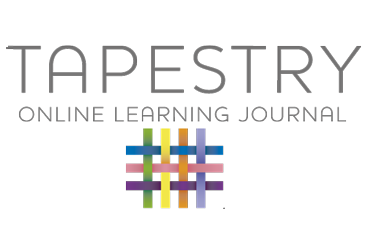.jpg)
Please find below the link to the GOV.uk performance data:
https://www.compare-school-performance.service.gov.uk/school/141445
At Manchester road we believe that children learn best in an environment where the adults know the children really well. Progress in learning is measured in a whole variety of ways, this includes assessments during lesson time, around school and at home. We take a holistic approach to assessing the children’s learning, in the hope that we can talk about the whole child and not just their academic achievements.
Assessment in EYFS
In the Early Years, children are assessed against the ‘Development Matters’ and Early Learning Goals. Both of these documents can be found using the following links:
http://www.foundationyears.org.uk/files/2012/03/Development-Matters-FINAL-PRINT-AMENDED.pdf
The children are taught as a whole class, in small groups, and as individuals. The practitioners in our Early Years are highly skilled in assessing children’s learning through play, and knowing how to move their understanding to the next level. Assessments are carried out throughout every day in the form of questioning, activities and through having discussions with the children about their understanding. The staff use ‘Tapestry’ to record observations, and take photographs frequently as a point of reference.

If you would like to find out more about tapestry, please follow the link below:
At regular intervals (usually every half term) the progress the children have made is analysed and reported both to the senior leaders in school, and to the parents in the form of an interim report and parents meeting. There are 13 areas of development in EY – all are vital to a child’s development, and all are treated with equal importance.
By the end of the Early Years, the expectation is that the children have met the early learning goals across all areas of learning – but there will be children who exceed these and some who will be emerging.
Assessment in KS1
When children enter year 1, the assessment of learning is very much dependent on their progress throughout the Early Years. Children who were emerging in the early learning goals will continue to follow this development, and will be assessed against these until the end of the first term. Children who have met the early learning goals will then start to follow the national curriculum – which is available on the following link:

During KS1 there is a huge focus on reading, writing and mathematics – and in particular phonics (the letters and sounds of our language). Children are continually assessed by their teachers and teaching assistants using a range of skills, including observations, discussions and the children’s work. At the end of each half term, teachers provide the SLT with formative assessments in Mathematics, Reading and Writing. The children are assessed to be either meeting age related expectations, below or above. These are recorded and reported to parents in the form of an interim report and a parents meeting.
All other subjects are assessed through on – going learning and observations of the children. The children’s progress in all these subjects is recorded and shared with subject leaders as well as parents.
In year 1, in the middle of June, the children take a phonics screening test. This is a national test where children are required to read and spell 40 words using their phonics knowledge. The score to pass this test is currently 32 out of 40. The results of this test are reported nationally.
In year 2, the children who did not pass the phonics screening in year 1 will re take the test. They will also sit the year 2 SAT tests. These formally assess the children’s learning in mathematics, reading and writing. As well as the test, the teachers also hand in an assessment –currently these are recorded in levels of 1 – 3. The expectation in year 2 is that the children achieve level 2.
Assessment in KS2
Children in KS2 are assessed in many ways over the course of the 4 years. Informal assessments during lessons form the majority of the judgements made about children’s learning in all subjects. This is done through talking to the children, group work, guided reading and observations of the children learning. At the end of each year, children complete the optional NFER tests. These are standardised tests for reading and mathematics. These tests only form part of the assessments made, as the teachers knowledge of the children will provide a much more accurate and broad picture of their learning. The results of assessments are handed to the leadership team at the end of every half term, and these are reported to parents 4 times over the year. The reporting of the children’s learning will be either at age related expectations, below age related or above.
At the end of KS2, when the children are in year 6, the National tests are taken. This is usually in May. Currently, the results from this are recorded as working below the expected standard, or has met the expected standard. The results from these tests are published nationally.